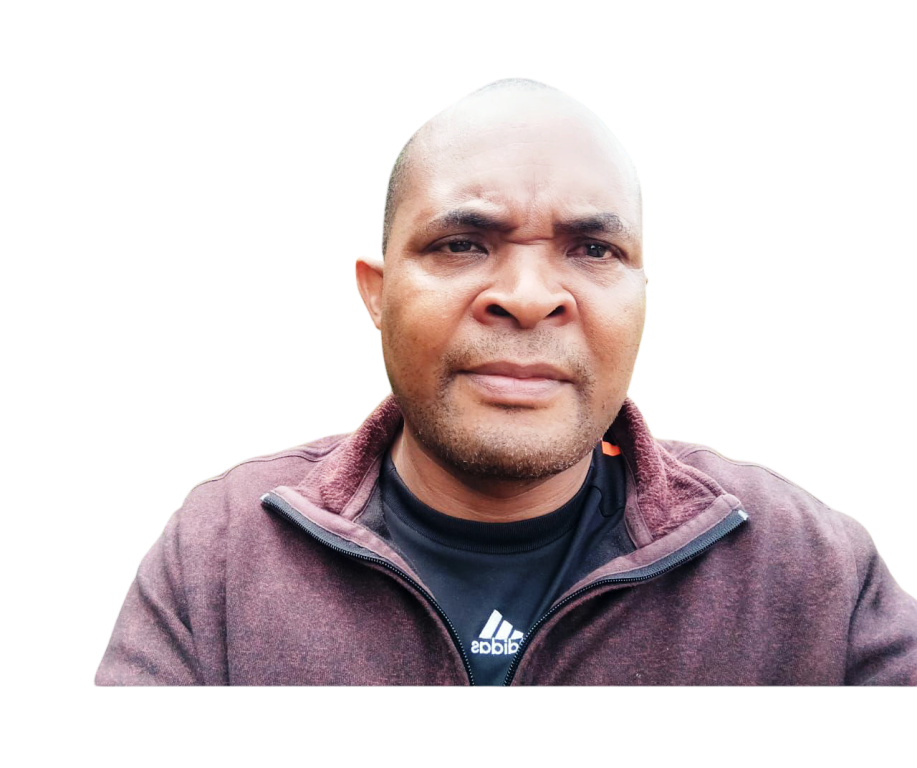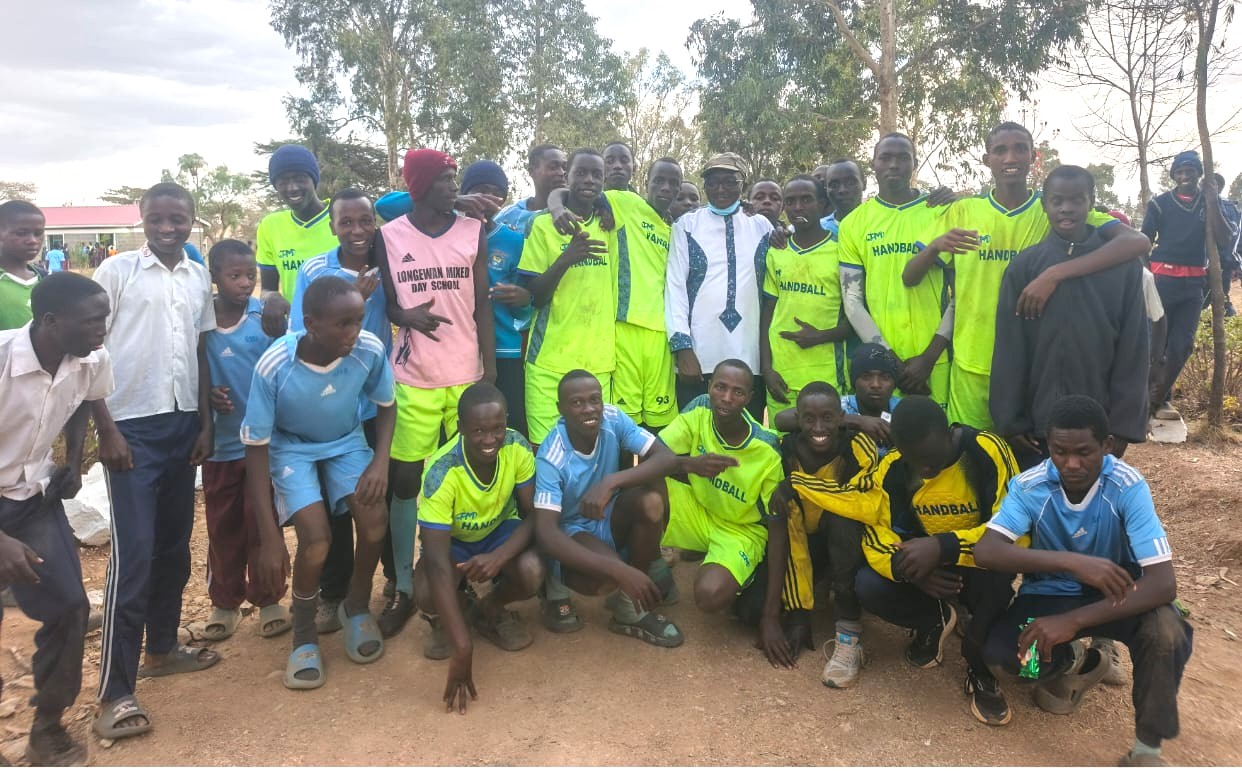If a prestigious school like Alliance High could endure the molestation of girls for over two decades, the rest of the schools should shudder. Are our girls safe in boarding schools? I am afraid, not.
That question now echoes loudly across the country, triggered by chilling revelations from Alliance Girls High School—a revered institution long held as a symbol of excellence and discipline. The allegations of sustained sexual misconduct by teachers, including those in positions of moral authority such as Christian Union patrons, have shocked many. Yet the absolute horror lies not only in the abuse, but in its longevity—claims suggest the exploitation spanned more than two decades. If such predatory behaviour could fester unchecked at one of Kenya’s most prestigious girls’ schools, then we must ask: how many other institutions are hiding similar skeletons in their closets?
For years, schools like Alliance Girls have been seen as safe havens—spaces where girls from across the country could rise above the challenges of their backgrounds and secure a future built on academic achievement and strong moral foundations. But behind the high walls and manicured lawns, behind the national anthem sung at parade and the straight As on KCSE result slips, there now emerges a hidden narrative of fear, silence, and betrayal. Teachers – men entrusted to teach, mentor, and guide – stand accused of grooming students, manipulating power dynamics, and taking advantage of the very girls they were meant to protect.
This tragedy is not an isolated case. While Alliance Girls now sits at the center of public scrutiny, anyone familiar with the Kenyan education system knows that whispers of similar misconduct have long circulated in staff rooms and alumni groups of other national schools. Stories of “special teachers” who took “too much interest” in certain girls. Of pupils summoned to offices after prep time. Of late-night texts, inappropriate touch disguised as affection, and spiritual leadership turned into a tool for control. Most victims have stayed quiet. Many graduated, grateful to leave with their dignity and transcripts intact. Some suffered emotional breakdowns that were conveniently labeled as exam stress. Others broke, silently, under the weight of shame and helplessness.
What makes these incidents particularly insidious is the environment of silence and complicity that allows them to thrive. The culture in many top girls’ schools emphasizes discipline, obedience, and loyalty to the institution. Students are taught never to “taint the name” of their school. Administrators often close ranks, keen to protect reputation rather than confront rot. Parents, too, revere these schools, many of them working tirelessly to get their daughters admitted. Speaking out against abuse feels almost sacrilegious – how dare you question the guardians of such excellence?
This allegiance to prestige over protection has fostered a dangerous culture where predators operate with impunity. Girls, often teenagers struggling with identity and pressure, are isolated from their support networks and at the mercy of teachers who hold the keys to their futures. When the very adults who should shield them from harm become perpetrators, and when institutions gaslight victims into silence, schools become breeding grounds for long-term trauma.
READ ALSO:
St Joseph Boys and Wiyeta Girls thrash rivals as Rift Valley games begin in style
And so we return to the question: are our girls safe in national schools? The honest answer is—many are not. Not because all teachers are predators, but because the system lacks the transparency, safeguards, and accountability necessary to root out those who are. Reporting mechanisms are either weak or compromised. Mental health support, where it exists, is grossly inadequate. Parents are kept at arm’s length, fed carefully curated images of student life that hide deep cracks beneath the surface.
What happened at Alliance Girls must be a wake-up call – not just to that one school, but to the entire education sector. We cannot afford to pretend this is an isolated incident. The government, through the Ministry of Education and Teachers Service Commission, must urgently initiate independent investigations into similar patterns in other schools. Every girls’ boarding school, national or not, must undergo an audit of its safeguarding structures. Whistleblower protections should be implemented so that students and staff can report misconduct without fear. There must be clear, firm separation between pastoral roles and positions of disciplinary authority to avoid exploitation under the guise of mentorship.
Moreover, we must reimagine the kind of schools we want for our girls. Safety cannot be an afterthought. Mental health and well-being must be embedded into the school culture, not treated as optional extras. Teachers must be retrained on gender sensitivity and professional boundaries. And alumni networks – many of which include influential professionals and leaders – must hold their alma maters accountable rather than merely fundraising for new dormitories.
It is time we stopped measuring school excellence by KCSE averages alone. What does it matter if a school tops the rankings when its students live in fear? What legacy does an institution leave if its daughters emerge brilliant but broken? Excellence must be holistic. It must include the emotional, psychological, and physical safety of every child entrusted to a school’s care.
The revelations from Alliance Girls are painful. But perhaps, just perhaps, they are the crack that lets in the light. Kenya owes it to its girls to investigate, to listen, and to act – decisively. Because every day that silence continues is another day a child suffers unseen. And no national school, no matter how prestigious, is above that truth.
Ashford teaches English and Literature in Gatundu North Sub County.
Ashford Gikunda
You can also follow our social media pages on Twitter: Education News KE and Facebook: Education News Newspaper for timely updates.
>>> Click here to stay up-to-date with trending regional stories
>>> Click here to read more informed opinions on the country’s education landscape
>>> Click here to stay ahead with the latest national news.






